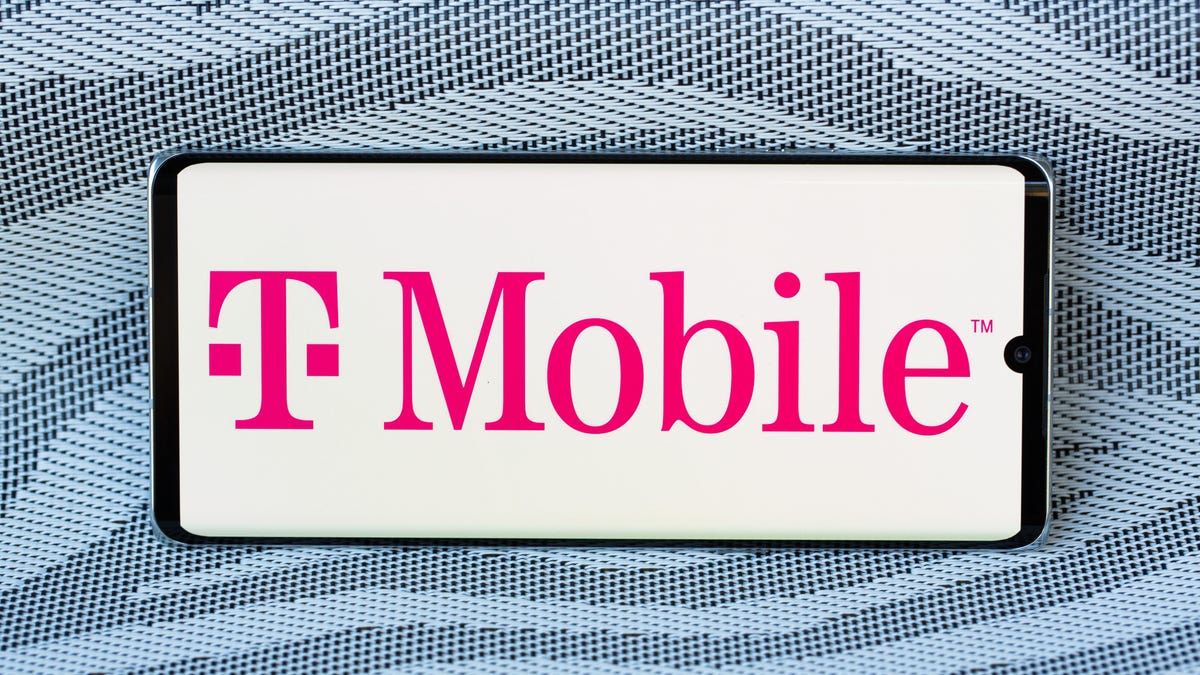T-Mobile leapfrogs AT&T, saying it's 2nd largest US carrier after Sprint merger
T-Mobile had another strong quarter, which it says pushed it ahead of AT&T among America's largest wireless carriers.

T-Mobile lays claim to being America's second-largest wireless carrier.
Its been a busy year for T-Mobile , but the carrier continues to see subscriber growth and says it has now moved past AT&T to become the nation's second-largest wireless carrier despite the coronavirus pandemic.
For its second quarter, which ended June 30, T-Mobile on Thursday said that it added 1.25 million subscribers, 1.11 million of which were postpaid additions. Of that 1.11 million, 253,000 were postpaid phone adds. Postpaid subscribers, who pay at the end of the month, are valued more highly by the investment community as a key metric for success.
Combining the additional postpaid subscribers with the addition of Sprint's customer base gives T-Mobile a total of 98.3 million subscribers, which it says pushes it past AT&T when it comes to total postpaid and prepaid users, though the company is still behind Verizon .
Revenue for the quarter was $17.7 billion, beating analyst estimates of $17.61 billion, according to Yahoo Finance. Earnings per share came in at 9 cents, ahead of analyst expectations of 7 cents per share.
Like other carriers, T-Mobile took part in the Federal Communications Commission's Keeping America Connected program. The coronavirus-related initiative ran from March 13 through June 30 and was designed to protect people from losing service or being charged late fees if they couldn't pay their bills.
On its earnings call, T-Mobile chief financial officer Peter Osvaldik said that 95% of its customers who were taking advantage of the program had "made some form of payment."
Osvaldik said there are some customers who won't be able to pay back the company, with T-Mobile factoring into its earnings results 110,000 deactivations, 90,000 of which are postpaid phones, that will likely end up deactivated now that the FCC pledge has expired.
The earnings are T-Mobile's first with Sprint fully in the fold and come after a busy first half of the year for the self-proclaimed "un-carrier."
In addition to closing the Sprint deal and dealing with the coronavirus pandemic, the company had a leadership change as Mike Sievert took over the CEO position from John Legere. The company also completed the divestiture of Boost Mobile to Dish, rolled out a new plan and continued to expand its 5G network.
In the last week, the company transitioned Sprint stores into T-Mobile-branded locations and announced the launch of its standalone 5G network, the foundation for its future 5G efforts.
See also: T-Mobile's Scam Shield app will cut down on those 'scam likely' calls. Here's how

